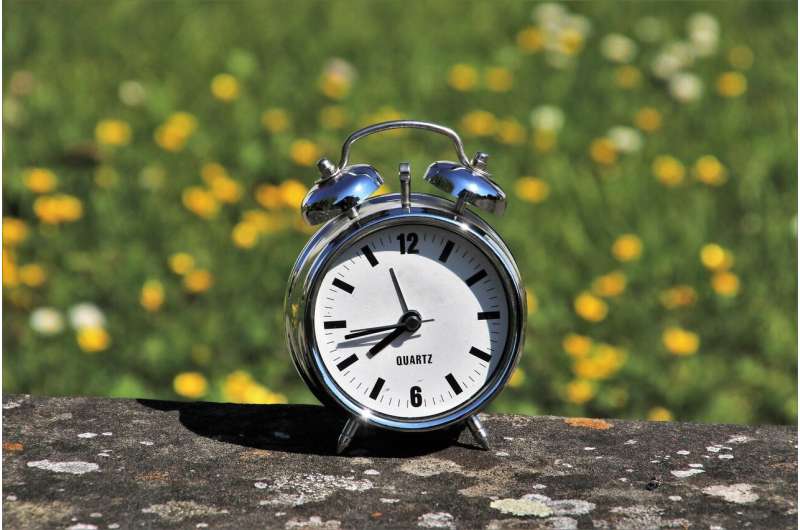Research Finds No Increase in Heart Attacks During Daylight Savings Time Changes

A large-scale study finds no evidence linking daylight savings time changes to an increased risk of heart attacks or worse in-hospital outcomes, dispelling concerns about cardiovascular risks associated with clock shifts.
A comprehensive study led by the Duke Clinical Research Institute has shown that changing clocks for daylight savings does not correlate with an increase in heart attack incidents or adverse in-hospital outcomes. The research analyzed data from 168,870 patients across 1,124 hospitals over nearly a decade, focusing on periods before, during, and after the spring and fall time adjustments.
Previous studies suggested short-term rises in myocardial infarction (MI) cases following clock shifts, with some reports indicating a 24% increase the Monday after spring daylight savings. However, this latest investigation aimed to clarify whether these associations hold true on a larger scale and with more thorough analysis.
The study evaluated patient data collected between 2013 and 2022, with a median age of 65 years and over a third being female. The primary goal was to assess in-hospital mortality, while secondary outcomes included stroke rates, revascularization procedures for NSTEMI, and reperfusion for STEMI. Researchers compared AMI counts in the weeks surrounding daylight savings transitions against adjacent weeks, normalizing Sundays with unusual lengths to standard 24-hour days.
Results indicated no significant differences in heart attack rates during the spring or fall clock changes. The counts during the transition weeks were similar to those in the preceding and following weeks, with risk-adjusted models confirming the absence of increased risk for in-hospital death or stroke. Data from regions that do not observe daylight savings, such as Hawaii and Arizona, also showed consistent incidence ratios, supporting the conclusion that clock shifts do not impact heart attack occurrence.
These findings suggest that concerns about increased cardiovascular events following daylight savings time are unfounded, and the changes do not seem to pose a heightened risk to cardiac health. The study contributes valuable evidence to ongoing discussions about the health implications of clock adjustments, emphasizing that the biannual time change may not warrant health-related alarm.
Source: https://medicalxpress.com/news/2025-09-heart-daylight.html
Stay Updated with Mia's Feed
Get the latest health & wellness insights delivered straight to your inbox.
Related Articles
Modifiable Risk Factors Elevate Health Risks for Dementia Caregivers
Many dementia caregivers face modifiable health risk factors like obesity and hypertension, increasing their own risk of developing dementia. Addressing these risks is vital for caregiver health and dementia prevention.
Stalling Progress in Cancer Survival Rates in England and Wales
A new study reveals that the remarkable improvements in cancer survival rates in England and Wales are now slowing down, highlighting the need for enhanced early detection and treatment strategies to continue progress in cancer outcomes.
Blood Tests Enable Early Identification of Pregnancy Risks due to High Blood Pressure in Sierra Leone
Simple bedside blood tests can predict severe complications in pregnant women with high blood pressure, improving outcomes in resource-limited settings. A study in Sierra Leone demonstrates their potential to save lives.
Variation in COPD Prevalence and Disease Impact Across US States
A new study reveals significant regional differences in COPD prevalence and burden across US states, emphasizing the need for targeted public health strategies to address this inflammatory lung disease.



